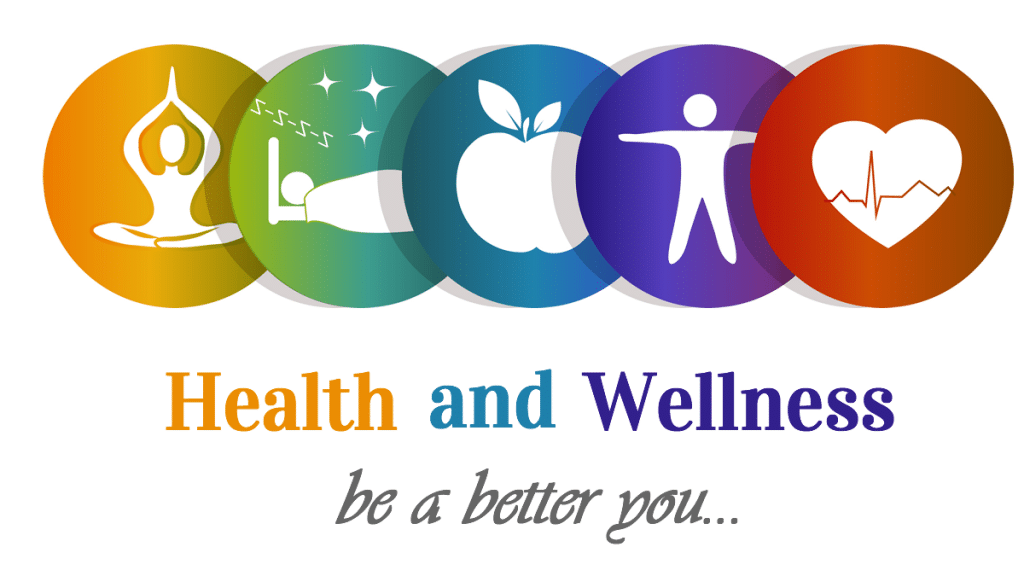Sleep Talk Blog, Health & Wellbeing
Is it better to sleep with your head or feet elevated?
Is it better to sleep with your head or feet elevated?
Sleeping with your head or feet elevated achieves different things. Elevating your feet improves blood circulation and prevents swelling in the feet while sleeping with your head elevated improves breathing and prevents snoring.
You can also do both with an adjustable bed, creating a sleeping position where your centre of gravity is pushed onto your core.
This reduces pressure on your spine and can help relieve back pain and pain in your hips.
Some people prefer sleeping in an elevated position, finding the situation far more comfortable than lying flat (if you get back pain in bed and a pillow between your legs helps, an adjustable bed will also help).
You can do a basic test without buying an adjustable bed – try sleeping with more pillows under your head or a few pillows under your feet. If you find the extra elevation comfortable, try an adjustable bed.
Sleeping with your feet elevated
Doctors often recommend sleeping with elevated feet to prevent feet swelling (oedema) and poor blood circulation. For example, if you get numb legs or pins and needles in bed, elevating your legs will help.

To improve circulation, you need to sleep with your legs above the level of your heart.
This makes it easier for your heart to pump blood to your legs because the blood vessels are not restricted, which improves cardiovascular health.
Try sleeping with your feet raised so they are above the level of your heart. If you notice an improvement in circulation, then stick with it.
Sleeping with your head elevated
Elevating your head in bed prevents airway collapse, which reduces the frequency and intensity of sleep apnea. Additionally, it reduces snoring and can help you breathe if you are congested with the common cold.
Elevating your upper body can also relieve back pain by eliminating pressure points. After spinal surgery, certain types of surgery require an elevated bed position during recovery to assist with pain relief and improve comfort.
The trick is to raise your upper torso to a comfortable level (slightly raised) because too much elevation can make it harder to fall asleep.
Adjustable beds for the win
While sleeping with more pillows under your head or feet will give you the elevation you want, it places pressure on the parts of your body in contact with your mattress.
An adjustable bed delivers a more acceptable level of adjustment, effectively changing how your whole body is positioned, rather than just one part of your body.
Adjustable beds have an electric motor and a mechanical lifting system that raises and lowers the slatted base. The mattress flexes and bends, contouring to the shape of the slatted base as it moves.
This adjustability lets you create an infinite number of sleeping positions for your upper and lower body.
The best of both worlds
Some people like sleeping with their heads and feet elevated. This is known as the zero-gravity position, so-called because NASA uses it to equalise the weight of astronauts.
The zero gravity position puts your upper and lower body at a 120-degree angle, with your bum in the middle.
Here’s what that looks like:

The zero gravity position improves circulation and breathing without putting stress on any area of your body. If it works for NASA, it should work for you!
Alternatively, you can try more elevation for your upper body, which reduces neck strain and further opens up your airway to assist with breathing.
Is sleeping in an elevated position worth it?
Many people struggle to sleep because they have poor circulation, or their sleeping position restricts breathing. An elevated sleeping position offers a solution to both these problems and an adjustable bed is the best way to go about it.
The only downside to adjustable beds is they are expensive compared to regular beds, but that adjustability is worth the price for most people.
Does it matter how you sleep?
Does it matter how you sleep?
The short and obvious answer is yes. Yet, despite this, several sleep myths exist that contradict scientific advice and can lead to poor sleep habits.
How much sleep do you need?
Recommendations from experts state that adults should get between 7 and 9 hours of sleep a night. A small number of people, around 1 in 4 million, naturally sleep for shorter periods and still wake refreshed due to their genetic makeup, but these are an exception.
The timing of sleep also matters. It is best to sleep as much as possible during hours of darkness. Regular night-time sleeping helps regulate the body’s circadian rhythm or body clock. This is important for sleep quality and can affect other aspects of health, including metabolism and mental health.
The quality of sleep also matters. Sleeping for enough hours, including high-quality, uninterrupted sleep, is much better for you than fragments of sleep with many awakenings.
Many who have insufficient sleep use naps to catch up. While napping isn’t harmful, you should not rely on naps to try to cope with a regular lack of sleep. For more on naps, see our post here: The Nap Is Back! - Bedstar.co.uk
There can also be issues associated with sleeping too much. Extra sleep may be needed in certain circumstances, such as when recovering from an illness. However, in general, sleeping too much can be a symptom of an underlying health issue.
While a drink or two can be relaxing, creating drowsiness that makes it easier to fall asleep, in reality, sleep quality lessens after drinking alcohol. Drinking alcohol before bed can disrupt your sleep cycles, interrupting your sleep or leading to snoring and sleep apnea.

